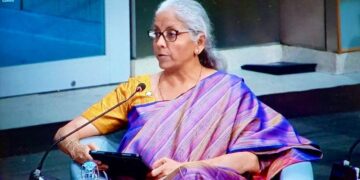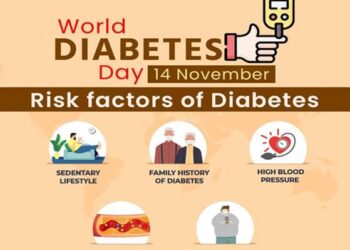The Indian Orthopaedic Association (IOA) launched this nationwide health campaign in 2021 to emphasize the importance of strong bones and joints in individuals of all ages. Every year on August 4, India celebrates National Bone and Joint Day. The day’s goal is to raise public awareness about bone and joint health and to avoid various musculoskeletal illnesses and conditions.
The day promotes early diagnosis and appropriate intervention by teaching people about the signs and symptoms of bone and joint problems. Early detection can result in better treatment outcomes and a higher quality of life. So, on this particular day, we sought advice from specialists on how to maintain our bone and joint health. But first, let’s go through the fundamentals.
The main reasons for deteriorated bone and joint health, according to Dr Harish Ghoota, additional director (orthopaedics), Fortis Escorts Hospital, Faridabad, are a lack of awareness about essential physical activities, a lack of proper nutrition enriched with vitamin D, habits such as alcohol consumption, tobacco chewing and smoking, and a lack of calcium intake in young and postmenopausal women.
Recognising the signs of weak bones and joints is crucial for early intervention. “Common symptoms include persistent joint pain, stiffness, swelling, reduced range of motion, difficulty in performing daily activities and an increased susceptibility to fractures. Chronic pain and discomfort in the back, hips, knees and shoulders could also indicate bone and joint problems. If someone experiences any of these symptoms, it is essential to consult a healthcare professional for proper evaluation and treatment,” Dr. Sourabh Kulkarni, senior consultant (orthopaedics), Pristyn Care said.
Now for the substance of the matter. According to Dr. Debashish Chanda, head consultant (orthopaedics), CK Birla Hospital, Gurugram, here are some simple tips to maintain your bones and joints strong:
Balanced diet: Ensure your diet includes calcium-rich foods (dairy products, leafy greens) and vitamin D sources (sunlight, fatty fish) to support bone health.
Regular exercise: Engage in weight-bearing exercises like walking, jogging, dancing or weightlifting to promote bone density and joint health.
Maintain a healthy weight: Excess weight puts strain on joints, so maintaining a healthy weight can reduce the risk of joint problems.
Avoid smoking and limit alcohol intake: Smoking and excessive alcohol consumption can weaken bones and increase the risk of joint issues.
Stay hydrated: Drinking enough water supports joint lubrication and overall bodily functions.
Proper posture: Maintain good posture to reduce stress on joints and promote spinal health.
Avoid prolonged inactivity: Regular movement helps keep joints flexible and strengthens the surrounding muscles.
Use proper body mechanics: When lifting heavy objects or performing physical tasks, use proper body mechanics to protect your bones and joints from injury.
Avoid excessive impact: Minimise activities that subject your joints to excessive impact or stress.
Consult a healthcare professional: Regular check-ups and consultations with healthcare providers can help identify and address anybone or joint issues early on.
Remember that individual needs may vary, so it is always best to consult with a healthcare professional for personalised advice and recommendations,” he concluded.
Source:IE








 Finance
Finance







